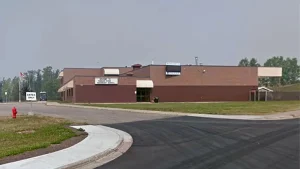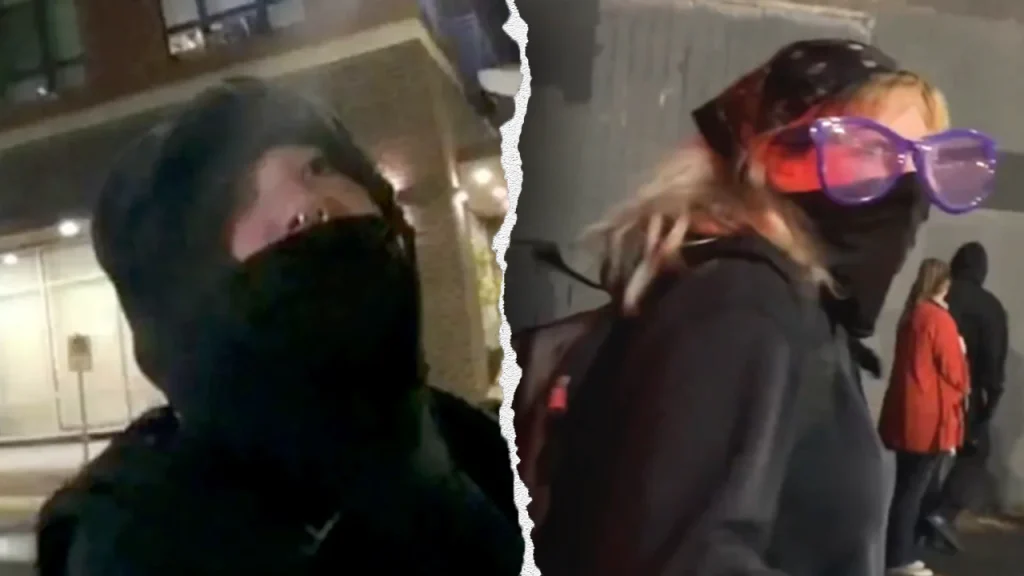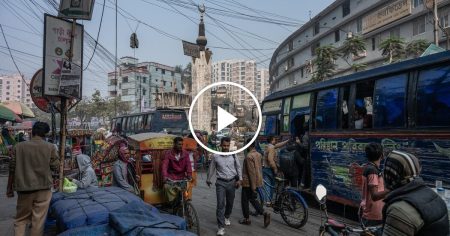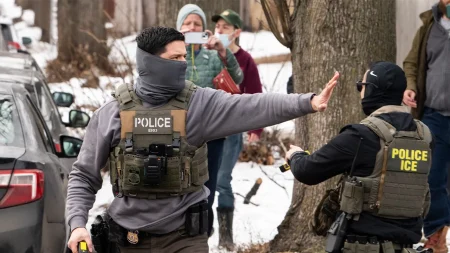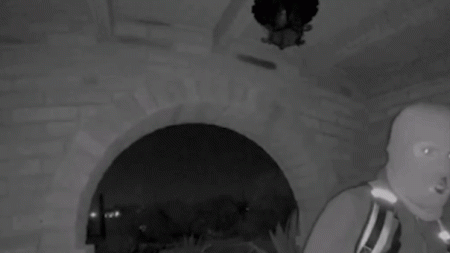Portland Police Seek Help in Finding Assault Suspect Near ICE Building
Portland police are currently seeking public assistance to locate a woman accused of assault near the Immigration and Customs Enforcement (ICE) building in Portland, Oregon. The incident occurred when one of the department’s dialogue liaison officers (DLOs) lost track of the suspect after attempting to detain her. According to the Portland Police Bureau, the situation unfolded on Tuesday evening just before 8:45 p.m. when a DLO monitoring a gathering outside the ICE building was approached by someone reporting an assault. The officer attempted to follow the suspect—described as a white woman with a large septum nose piercing, wearing a black mask and carrying a backpack—to hear her perspective on the incident. Despite the officer’s efforts to engage with her, she refused to stop and ultimately fled after being told she was being detained, effectively ignoring a lawful police order.
The case highlights the unique role of Portland’s dialogue liaison officers, who were established following the turbulent protests of 2020. These sworn police officers serve as intermediaries between law enforcement and protesters, tasked with “building relationships” and creating “safe spaces” for demonstrators. However, their role comes with significant limitations—they “cannot get involved in enforcement action,” according to the police department’s release. This constraint may have contributed to the officer’s inability to apprehend the suspect at the scene. After the suspect fled, additional patrol officers arrived shortly before 9 p.m. to meet with the victim and begin a formal investigation, which has since been assigned to a detective in the Major Crimes Unit.
The Portland Police Bureau has provided limited details about the alleged assault itself, focusing instead on their follow-up procedures. In their statement, the department noted that officers “continue to conduct follow-up investigations into criminal activity” and forward cases to the Multnomah County District Attorney when possible. They also explained their tactical approach to volatile situations, stating, “Sometimes arrests are not made at the scene when tensions are high, and arrests are made at a later date.” This suggests a deliberate strategy of de-escalation during potentially confrontational moments, with law enforcement pursuing suspects through investigation rather than immediate apprehension when circumstances might lead to greater conflict.
The city’s approach to protest management has evolved significantly since 2020, with the DLO program representing a deliberate shift away from traditional crowd control methods. According to information on the city’s website, Officer Jessica Ruch, described as an “exemplary DLO,” explained that liaison officers attend protests to understand what demonstrators need to “create or hold a safe space.” Ruch, who admits to having “grown up going to protests” and views them as “a celebration of community and values,” represents the department’s attempt to connect with protest movements through officers who may have personal experience with activism. This perspective reflects Portland’s effort to reimagine police responses to public demonstrations following criticism of more aggressive tactics used during previous years.
Portland’s policing model has undergone significant transformation, with Ruch explicitly stating, “We don’t have a riot squad anymore. That’s an antiquated model.” She challenges the traditional vocabulary of protest response, arguing that terms like “riot squad” wrongly imply “that the entire group of protesters has a single mindset.” Instead, the city employs a “rapid response team” trained to address “potentially hazardous situations” quickly before withdrawing, emphasizing their desire to avoid being perceived as “the bad guys.” This approach represents a substantial shift in philosophy from more confrontational models of crowd control that characterized earlier eras of protest policing, suggesting an attempt to reduce tensions between law enforcement and demonstrators.
The ICE building in Portland has been a frequent focal point for demonstrations and tensions in recent years. The current case involving the assault suspect takes place against this backdrop of ongoing protests and evolving police responses. While the Portland Police Bureau continues to investigate the assault and search for the suspect, the incident illustrates the practical challenges of their reformed approach to protest management. The balance between maintaining public safety, respecting the right to demonstrate, and effectively responding to criminal activity remains delicate. As the investigation proceeds, the effectiveness of Portland’s dialogue liaison program and its reformed policing strategies will likely face continued scrutiny from both supporters and critics of the city’s approach to public demonstrations and law enforcement.


